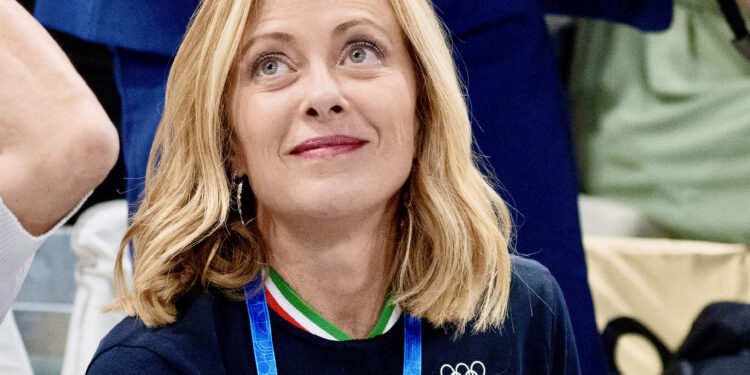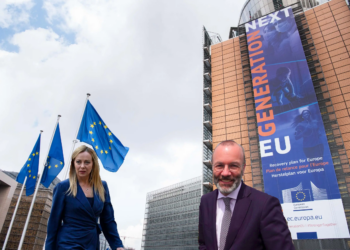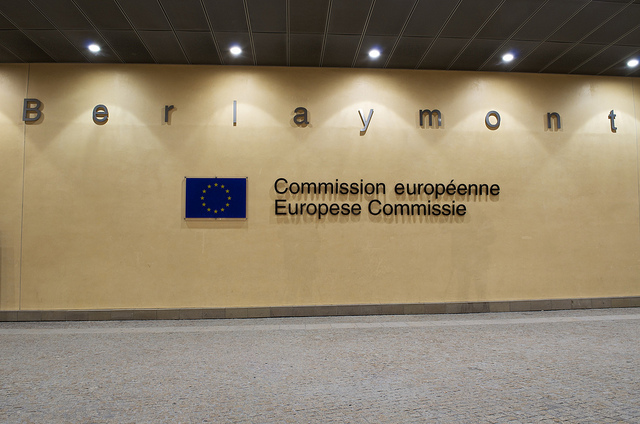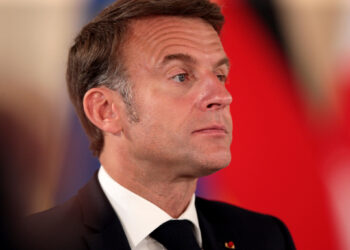Brussels – In the race for who will be the last to propose the names of their commissioners in the second Ursula von der Leyen-led Commission, the podium is already set: Italy, Belgium, and Bulgaria remain the last three countries not to have named their representative in the next EU executive yet. It only remains to be seen who will get the gold, who the silver, and who the bronze. The difference is that, unlike Rome, both Brussels and Sofia lack a fully empowered government.
As of Aug. 28, the provisional team of commissioners in the College von der Leyen 2.0 is almost complete, with 24 of the 27 member states having communicated the name of the personality to be sent to the Berlaymont (the seat of the EU executive) once they have passed the hearings of MEPs, scheduled for the fall.
The last to name their candidates were Portugal and Denmark: Lisbon chose the popular Maria Luís Albuquerque, former finance minister, while Copenhagen’s decision fell as expected on the Social Democrat Dan Jørgensen, the current minister for Climate and Development.
This leaves precisely Italy, Belgium, and Bulgaria without an official name yet. In Rome, the choice seems to be the current Minister of European Affairs (with delegations to the NRRP and the South), Raffaele Fitto, a member of PM Giorgia Meloni’s magic circle and one of the few Fratelli d’Italia leaders known in Europe. His appointment is expected to be confirmed by the Council of Ministers scheduled for Friday (Aug. 30), at the expiration of the deadline set by von der Leyen.
As for Belgium, there are mainly two profiles in contention, both from the liberal camp: Didier Reynders (a member of the Walloon Mouvement réformateur), who holds the Justice portfolio in the outgoing Commission, and the resigning premier Alexander De Croo (affiliated with the Flemish Open-Vld). Another Liberal, Sophie Wilmés, recently elected vice-president of the Europarliament and former first minister, called herself out. The problem is that, since last June, the country is still without government and there is no light at the end of the tunnel.
In Bulgaria, on the other hand, at least four names are circulating, all from the conservative Gerb party (a member of the EPP), which won the last election but has not yet managed to form a coalition. There is Iliana Ivanov, who since 2023 has been Sofia’s commissioner in charge of Innovation, Research, Culture, Education and Youth. There is Mariya Gabriel, already a two-term commissioner (appointed in 2014 and reappointed in 2019; she left Brussels last year to become foreign minister before the Balkan country plunged into yet another government crisis last spring). And then there are two other former female ministers: Denitsa Sacheva (formerly the holder of the Labor ministry) and Ekaterina Zaharieva (who ran Foreign Affairs).
It seems, therefore, that Bulgaria will be the only one of the three missing member countries to propose a female candidate for the new Commission, which, with good grace to its president in pectore, will be far from gender parity: out of the 24 names known so far, only seven are of women, less than a third. Not the best auspices for beginning the 2024–2029 five-year term.
English version by the Translation Service of Withub







